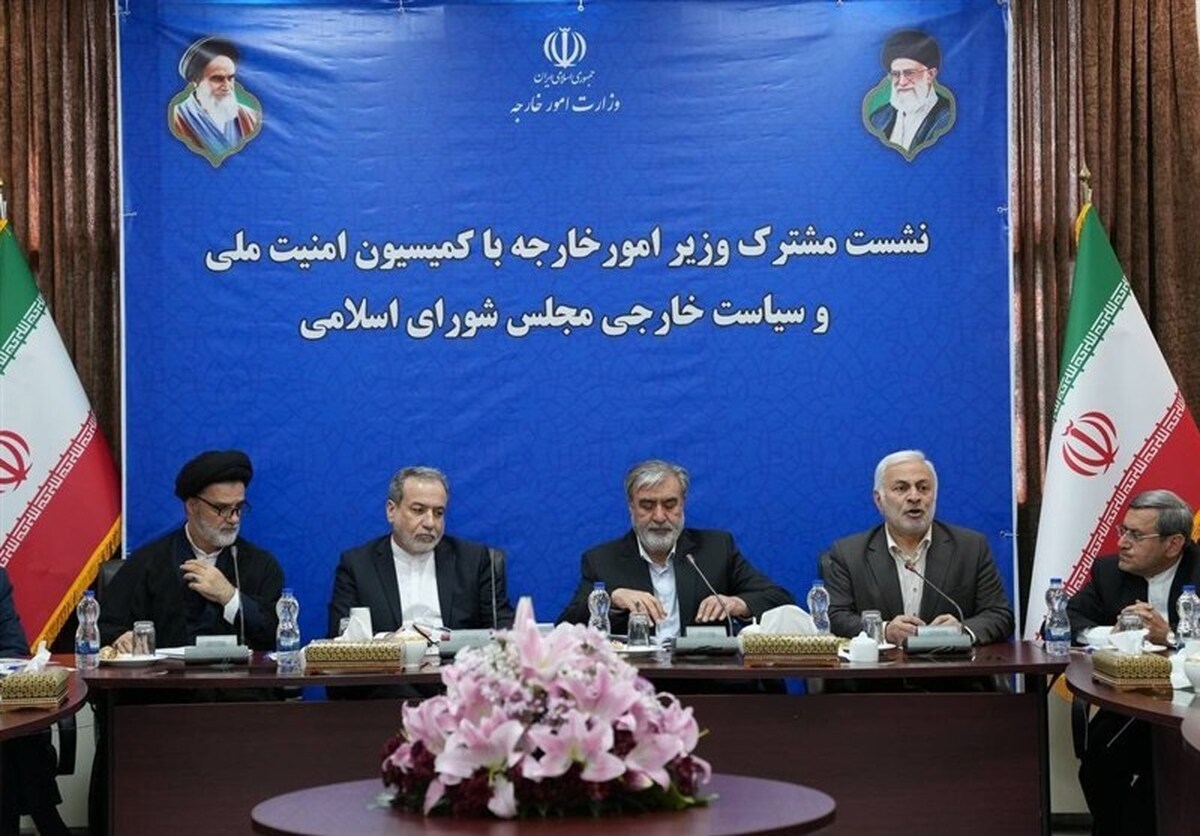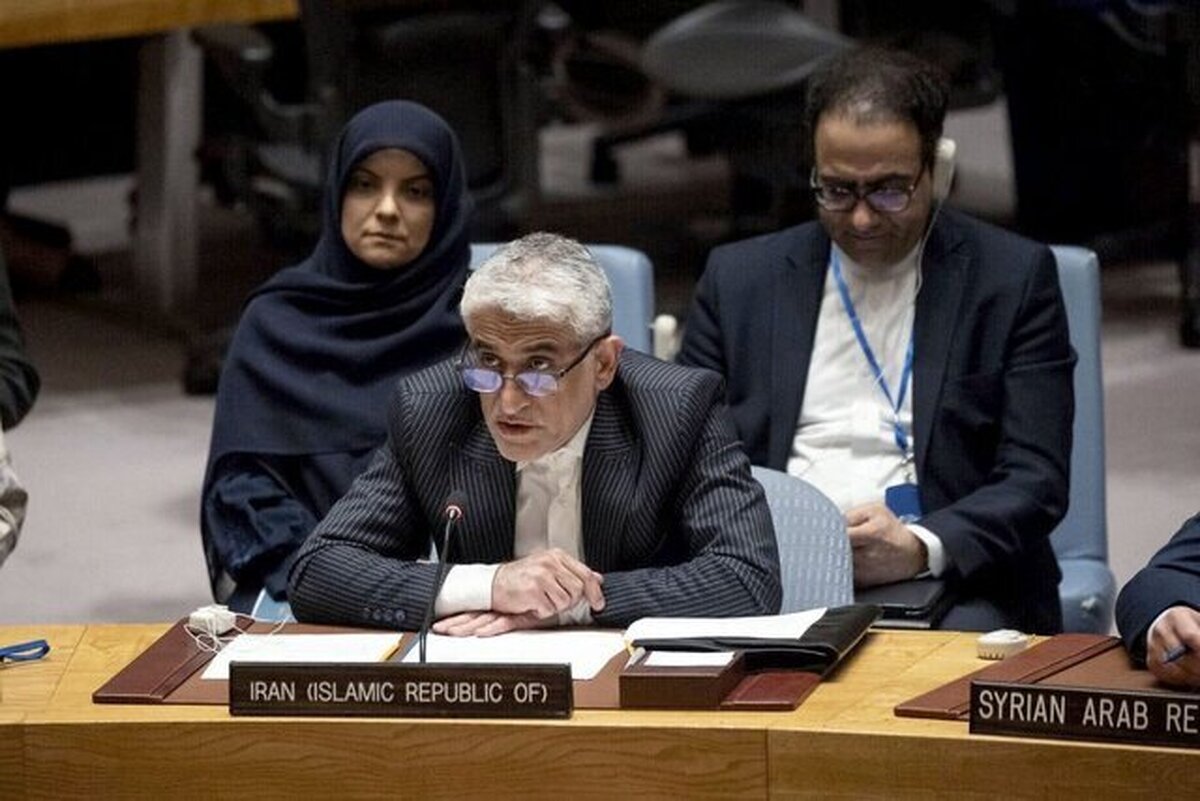
Iran nuclear program separate from missile work: Senior Iranian official
EghtesadOnline: A senior Iranian official said one of the achievements of the Islamic Republic in the nuclear deal it has struck with six world powers has been the separation of the two issues of Iran’s nuclear program from its missile activities.
Seyyed Abbas Araqchi, who is a deputy foreign minister and the head of a task force to oversee the implementation of the nuclear deal, said on Monday that in the course of the negotiations that culminated in the agreement, Iran managed to set the two issues of the Iranian missile program and that of the nuclear program apart, ISNA reports.
He said a previous United Nations Security Council (UNSC) resolution — Resolution 1929 — had prohibited Iran from engaging in ballistic missile activities, a prohibition that he said was “dangerous.”
“One of our achievements in the JCPOA was that, by whatever means at hand, we managed to end the state of the [Iranian] missile and nuclear [activities] being intertwined,” Araqchi said, referring to the nuclear deal by its acronym, which stands for the Joint Comprehensive Plan of Action.
“This was a huge feat and took a lot of effort,” he said.
The JCPOA was clinched on July 2015 and started being implemented on January 16 this year. Iran’s partners are the five permanent members of the UN Security Council — the United States, Britain, France, Russia and China — plus Germany, collectively known as the P5+1.
The deal was endorsed by a new UNSC resolution days after being signed. Resolution 2231 was adopted on July 20, 2015 and puts no limits on Iran in terms of missile activities. The resolution merely “calls upon” Iran not to undertake any activity related to missiles “designed to be capable of” delivering nuclear weapons.
Araqchi pointed out that, following Iran’s first test-firing of a missile after the deal, US officials acknowledged that the JCPOA had not been breached, testimony to the fact that missile activities were no more associated with the nuclear program by the Americans.
However, the US continued to be “worried about our capabilities,” Presstv quoted as saying.
“Our missile tests were taken to the Security Council, yet, the US failed to get even a press release [let alone a resolution],” the Iranian deputy foreign minister said. “We have pushed them way back.”
Araqchi said the United Nations (UN)’s Secretary-General Ban Ki-moon should report on Resolution 2231 every six month, adding that he has drafted a report, which, although not published yet, has been obtained by Iran.
In the report, Ban has pointed to Iran’s missile tests and claimed that they are incompatible with the “constructive spirit” of the JCPOA, Araqchi said, adding that this has elicited a harsh response from Iranian Foreign Minister Mohammad Javad Zarif, who was the top negotiator at the nuclear talks.
“Mr. Zarif had a very heated telephone conversation with Mr. Ban Ki-moon” the other say, Araqchi said, adding, however, that since the draft was not official, Iran did not take an official stance, either.
Earlier, the Western military alliance of NATO also expressed concern about Iranian missile tests, linking them to Resolution 2231.
Reacting on Monday, Iranian Foreign Ministry Spokesman Bahram Qassemi rejected the NATO claim, reiterating once again that Iran’s missile program is not in breach of the resolution.



